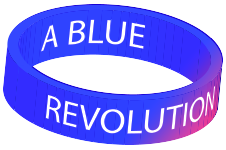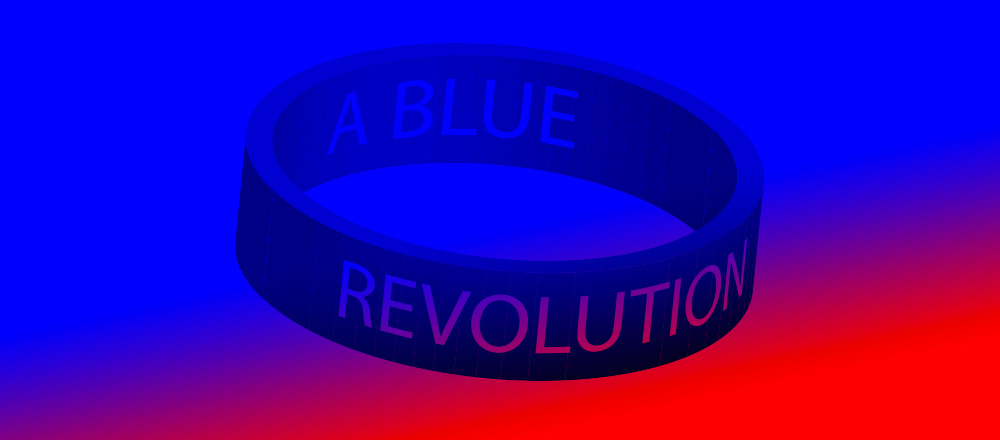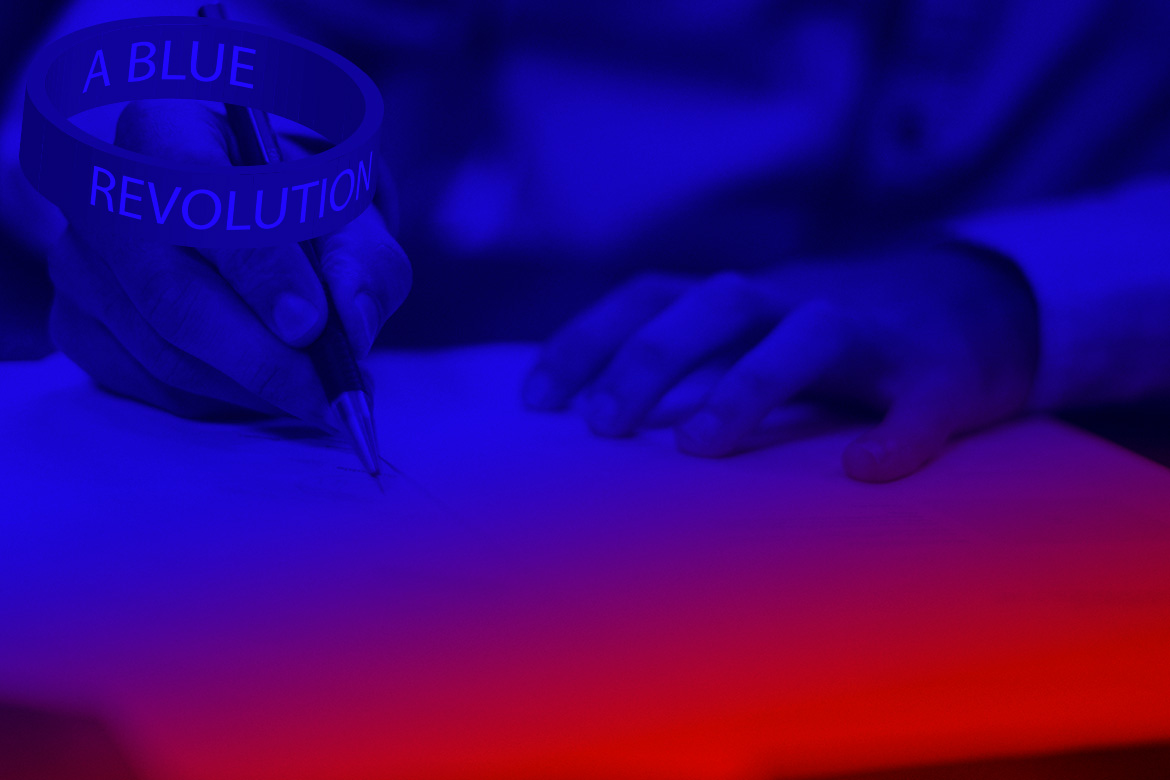
How moral is the “free market” when you are apply principles of material determinism?
We have tended to spend a lot of time thinking about the left, in particular, their denial of the origins of our rights in the capitalist system and their failure to grasp the importance of “surplus value” as opposed to debt in any kind of “just” society. However, their critique of the “free market” whilst well intended, has clearly failed to “hit the right spot” at least as far as we are concerned. How so?
Almost total economic reliance on the free market and the financial sector arose in the 1980’s, promoted by neocons like Blair and Clinton. They advanced a range of policies intended to stimulate consumption and therefore create economic growth.
The Western free market became more and more debt-dependent. What beguiles us is that whilst the free market has a lot of capitalisms DNA primarily values of contract, choice and consent which underpin our precious freedoms and liberty, it creates only fictitious wealth. Unlike real “surplus value” generated by capitalism, the free market relies on global labour market differentials and the financial engineering of debt to make a small elite very rich. It also keeps too many people in the West very poor.
It took us at BlueRevolution a while to “click” that the phrase used in the 1980’s to describe post-industrial economics, “a greater role for financial services” basically involved governments and people getting into more and more debt to pay for their and their nation’s consumption. Much of what is being consumed however is made on the far side of the planet so the act of “production” is removed from what should be an economic synthesis of production and consumption. A balancing act of land, labour and capital generating value to be acquired either by capitalists, workers or the State.
What does this mean for morality? Well, it would lead us to conclude that a number of social difficulties arise from this new “free market” model. Firstly to maintain consumption but without production, the economy has to have money fed into it. This is where debt comes in. Italy has debt equal to 135% of GDP. The UK is less but only because of the willingness of its working people to get into debt themselves.
Because we are economic determinists we believe our lifestyles and our morality will become shaped by our material circumstances which are basically indebtedness. One obvious consequence is that we can consume more than is sustainable for the planet to produce, as we can defer payment until a tomorrow that never arrives. Global warming may or may not be man-made but pollution certainly is!
After massive overproduction, the next most significant consequences of the free market model is that wage levels are fixed globally so work goes to the cheapest labour. The mix of land, labour and capital happens in China or Vietnam or elsewhere. This has resulted in a new class developing, not of revolutionary organised proletarians ready to seize control of the “capital” they produce, but a sad welfare and “healthcare” dependent class. This “class” is reliant not on worker produced capital or wages, but government debt for their miserable survival. For this group of second and third generation, ex-industrial workers (millions across US, EU and UK) choices in life are determined not by personal economic realities but welfare entitlements. The big pharma industries are always on hand to stimulate or lobotomise as required.
This is the constituency that is simply awaiting an ideology that makes sense to their hopeless existence and that could be Islamism or ideas from the far right. Certainly, in continental Europe the “free market” is both attracting migrants and then inflicting on them a living hell of welfare and idleness so they are at risk of becoming radicalised in ghettos.
The “liberal left” pretend to understand immigration, however, immigration needs a functioning economic system to proletarianise newly arrived people and turn them into workers with modern tolerant liberal values.
These values are based on capitalisms principles of contract choice and consent. The free market too often fails to find an economic role for these migrants. In the West promoting these values within an inclusive economy that demands their application as opposed to mere appreciation is how we should preserve our rights and freedoms and inculcate them into those for whom such principles seem alien. Particularly when women’s rights are considered.
Finally, after debt funded overproduction and its contribution to planetary destruction as well as the inability to engage all in society in meaningful economic activity, we have the morality of we consumers ourselves.
An economic choice is an important principle, who you work for and for how much is the way we identify worker from slave or surf. However today we have too many consumer choices which with their basis in debt aren’t realistic choices at all. Moreover, too much choice which comes too easily breeds a sense of entitlement that is dangerous when governments try to reign in public spending and thus limit choice. Our binary political system fails because consumers with a vote tend to want more not less hence spiralling national debt. Political parties are no longer able to represent the nation responsibly. People in politics and less party is required.
As the western free market lacks mass collective production people identify themselves as consumers and individuals, sort of unique units of consumption. This we believe explains the death of the “class system” in the Uk. As production is no longer a collective activity but a best an individual one individuals market just about anything they can. This is the West’s Achilles heel. For in the West we can now find a provider for just about any form of behaviour or product we might want to experience. “Industries” are created such as the pornography industry which takes a private non-commercial activity and sells it as a product to be consumed. Eventually, this goes mainstream and erodes our sense of interpersonal morality. It affects how we relate to each other too, we are consumed or the consumer of each other. Divorce perhaps reflects this sad reality.
Some “of faith” view this development as symptomatic of an increasing moral sickness and a sense emerges that our freedoms are to blame. The free market separates our behaviour from any sense of it being wrong, as long as what is produced and consumed has a price within the economy. A lot of groups and ideologies find this is justification enough to try and change our freedom loving way of life.
So, in conclusion, we have a free market loosely based on the values of capitalism but without capitalisms discipline and capacity to combine land, labour and capital to create value. The free market produces vast amounts of stuff for people to consume gobbling up resources and polluting the planet. People get rich within this model whilst others see their jobs go abroad and in the worst cases end up existing on welfare and drugged up in healthcare. The debt dependent workers pay for it!
We need to re-engineer our politics to reflect these economic realities making it more democratic and inclusive, to liberate people from what is becoming an increasingly dangerous and planet destroying economic political and social model.



